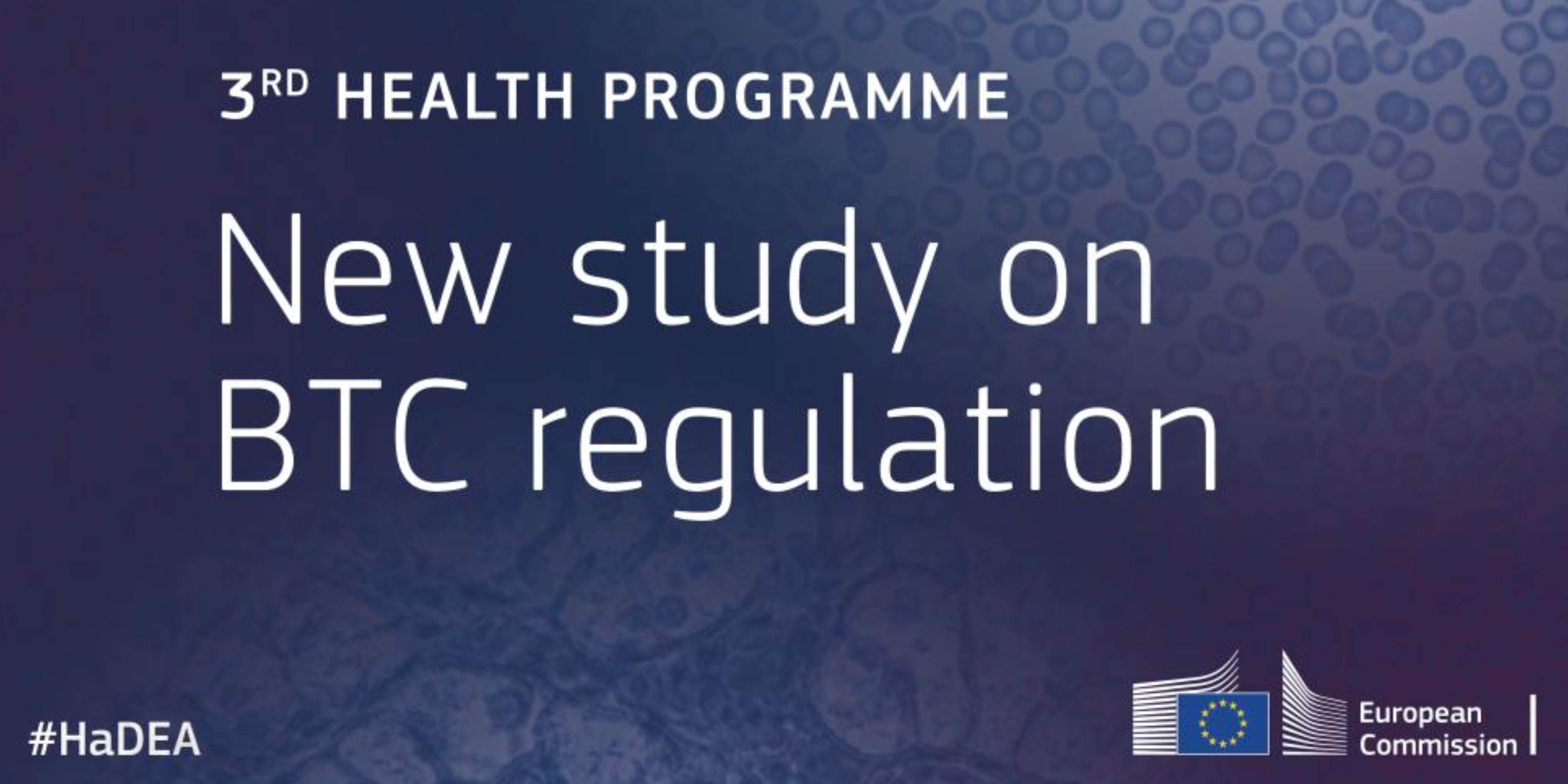A study supporting the revision of the EU legislation on blood, tissues and cells (BTC) has been published.
The study, purchased by HaDEA under the 3rd health programme, aimed at supporting the European Commission’s assessment of the impacts of proposed reforms to Directive 2002/98/EC on safety and quality of human blood and blood components and Directive 2004/23/EC on safety and quality of human tissues and cells and corresponding implementing acts – the European Union (EU)’s legislation on blood, tissues and cells (BTC).
The study analysed the impact of the European Commission’s proposal to revise the BTC regulation, which comprised the following options:
- A decentralised regulation that gives autonomy to Blood Establishments and Tissues Establishments – any structures or bodies that are responsible for the collection and testing of human blood and tissue and tissue and blood components, their processing, storage, and distribution when applicable;
- A joint regulation where establishments are obligated to follow guidelines specified by EU expert bodies (such as the European Centre of Disease and Control and the European Directorate of Quality Medicines);
- A centralised regulation under EU law.
Evidence, which was gathered via desk research, participatory workshops, case studies, targeted online consultations and follow-up interviews with stakeholders, suggests that the proposed “joint regulation” model would provide a useful combination of regulatory agility and consistency across the EU.
Background
Since 2003, the first, second and third health programmes have implemented the EU health strategy. HaDEA manages service contracts under the EU4Health programme and its legacy, the 3rd health programme. The EU4Health programme is the latest and largest one to date in monetary terms, provides funding to national authorities, health organisations and other bodies through grants and public procurement, contributing to a healthier Europe.
Source: European Commission I HADEA (https://bit.ly/3B0QCpc)
